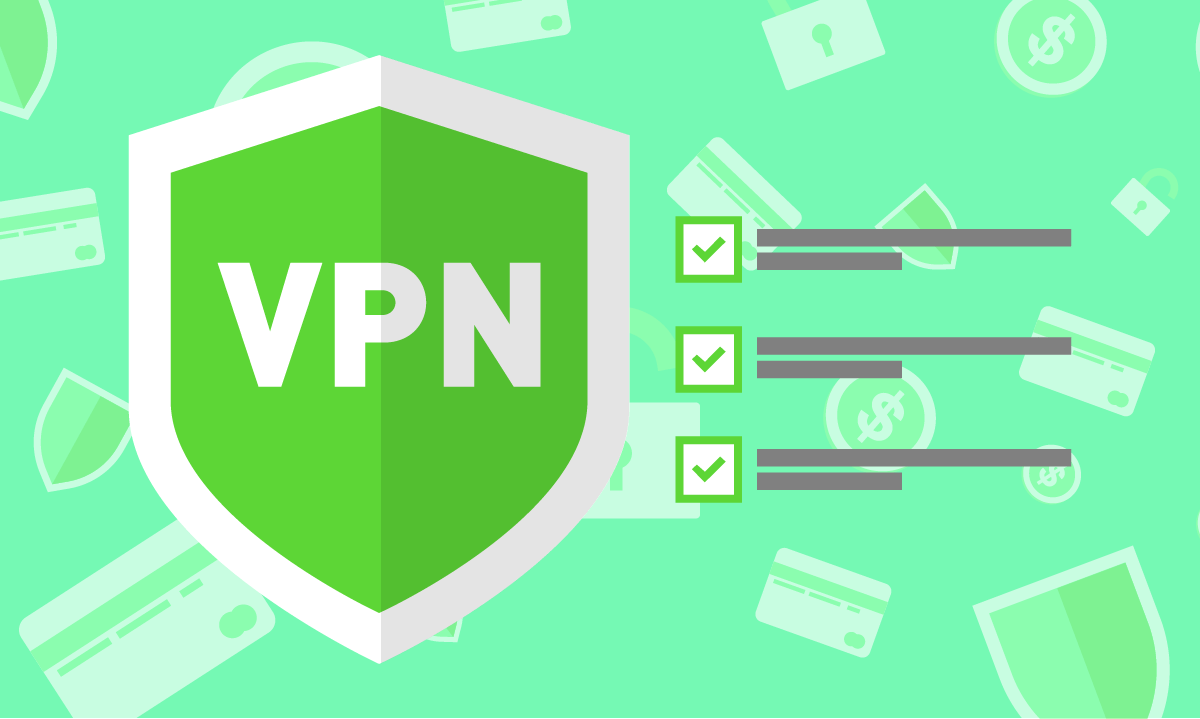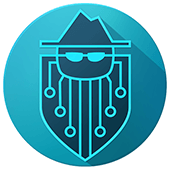Why you need a VPN every time you go online
👂 This post is available as a voice article on the Tenta podcast. Tune in for our round up of Tenta updates, technology, and privacy issues around the world.
While connecting to the internet can feel like a very private act, unfortunately it’s often not. Whether it’s your internet service provider (ISP), the government, or a cyber criminal trying to steal from you, the information you share online is often anything but private. And that’s why you need a VPN every time you go online.
“VPN” stands for “Virtual Private Network.” A VPN is a piece of software that creates a private, encrypted network for your computer, protecting any data that’s sent to or from your device over the internet. It creates a secure connection between you and the server, making an encrypted tunnel that data flows through. A VPN can protect you from cyber criminals, the government, or anyone else who’s trying to get a glimpse at your internet activity.
Not totally convinced? Here are four times that a VPN protects you, your private data, and your property.
1. VPNs protect you from ransomware
Ransomware is when a cyber criminal takes over the data on your computer and then holds it for ransom. It’s an increasingly popular type of cyberattack that utilizes fear — usually of losing your data or of the consequences if you don’t get access back in a timely manner — for monetary gain.
A VPN can protect against ransomware by hiding your IP address, making it more difficult for cyber criminals to target your device. They also encrypt your data, making it more difficult or impossible for criminals to access, and good VPNS will blacklist sketchy IPs.
2. VPNs protect you on public Wi-Fi
If you’re like most people, you’ve accessed Wi-Fi on a free or public system. (Think airports and coffee shops.) But while public Wi-Fi is convenient, it’s also notoriously insecure. Because so many people have access to public Wi-Fi, they’re prime spots for cyber criminals to either intercept your data and steal it or plant malware on your device. However, because a VPN encrypts your data, you can utilize that free airport Wi-Fi without fear of theft.
3. VPNs block your ISP from monitoring your activity
Internet Service Providers (ISPs) monitor everything you do online. They are, after all, the ones giving you access to the internet. But users who would prefer that their ISPs don’t look over their shoulders as they browse can utilize a VPN to encrypt their online activity, hiding it from ISP view.
4. VPNs let you access banned or censored sites
Certain websites are banned, censored, or simply not available in different physical locations. One feature of many VPNs is a proxy server, which makes it look like your traffic is coming from a different physical location than it is. So, for example, if you want to view news from another country and their site isn’t available where you are, you can use your VPN to make it look like you’re in that country. Another example is filters on work or school networks. VPNs can be a great option for getting around those restrictions as well.
And, of course, some people just want the extra security and privacy a VPN provides. Think of it as the lock on your front door: Just because a robber probably won’t walk in doesn’t mean they won’t.
Share this postInstall Tenta Browser Free!
Start protecting your online privacy today with Tenta Browser.



